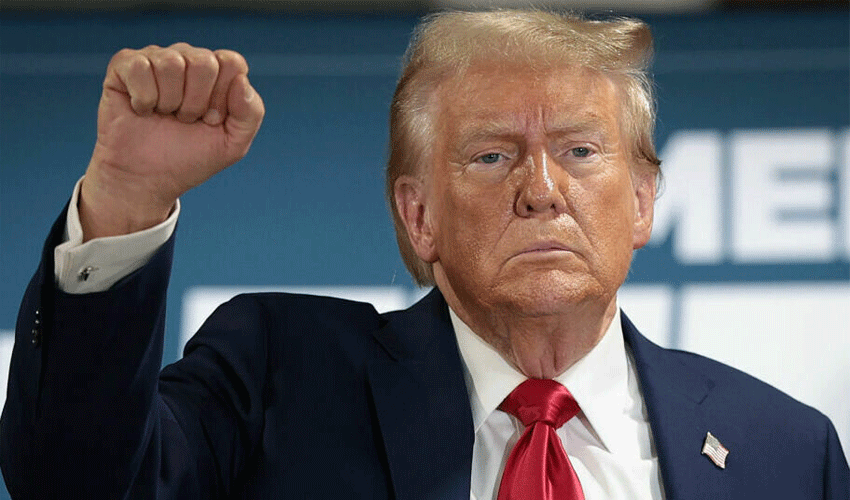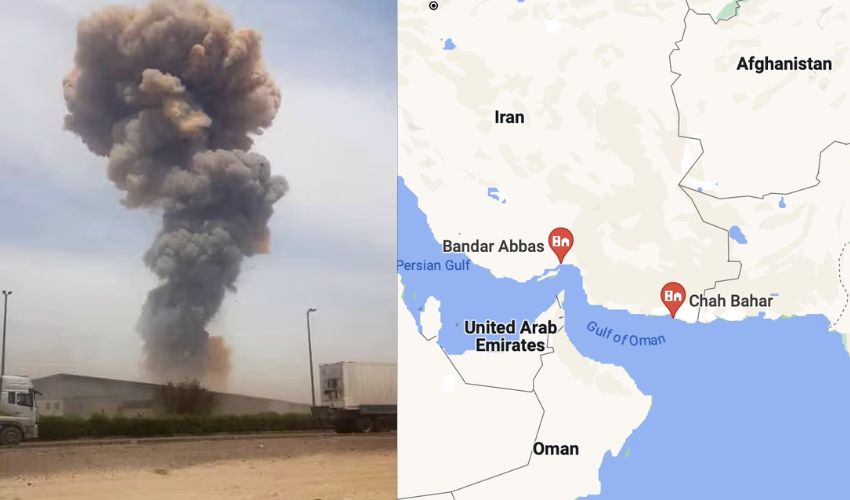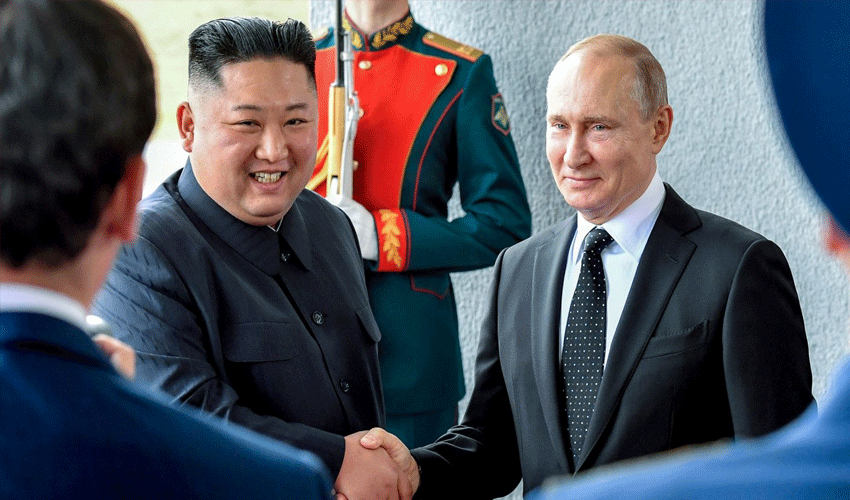US President Donald Trump has imposed steep tariffs on imports from Canada, Mexico, and China, escalating trade tensions and raising concerns of a fresh global economic slowdown.
The move, which was formalised through three separate executive orders on Saturday, is set to take effect from Tuesday.
The tariffs include a 25% duty on imports from Canada and Mexico and a 10% duty on Chinese goods, with energy imports from Canada facing a lower 10% levy. The measures come as part of Trump’s pledge to address what he calls a "national emergency" over fentanyl smuggling and illegal immigration.
The announcement sparked immediate backlash from Canada and Mexico, both of whom have vowed retaliatory measures, while China has yet to issue an official response.
Industries bracing for impact
The new tariffs are expected to have far-reaching consequences, particularly for the automobile sector, as manufacturers in North America rely on an integrated supply chain where parts cross multiple borders before final assembly.
At nearly $100 billion in 2023, crude oil accounted for a significant portion of US imports from Canada, making energy one of the hardest-hit sectors. However, concerns raised by US oil refiners and Midwestern states led to a partial exemption for Canadian crude oil, which will be subjected to a lower 10% tariff.
Industry experts have warned of inflationary pressures, with higher costs anticipated on consumer goods ranging from cars to groceries. Jake Colvin, President of the National Foreign Trade Council, criticized the move, warning that it would "increase the cost of everything from avocados to automobiles."
Canada and Mexico vow retaliation
In response, Canadian and Mexican officials indicated they would impose retaliatory tariffs on US imports. Ontario Premier Doug Ford stated that Canada "has no choice but to hit back and hit back hard," while Nova Scotia’s Premier Tim Houston ordered the removal of US alcohol from store shelves.
Prime Minister Justin Trudeau was expected to issue a formal statement later on Saturday, while Mexico’s Economy Ministry signaled it would announce countermeasures in the coming hours.
The White House has maintained that the tariffs will remain in place indefinitely, with officials stating that any retaliatory action by Canada, Mexico, or China could prompt further tariff hikes.
Economic and legal fallout expected
Trump invoked the International Emergency Economic Powers Act and the National Emergencies Act to justify the move, a step that legal experts believe could face challenges in US courts. Trade lawyers suggested that the statutes used by Trump were untested for imposing broad tariffs, making legal battles likely.
Meanwhile, economists have sounded alarms over potential economic consequences. A study by EY Chief Economist Greg Daco predicts that the tariffs could shrink US economic growth by 1.5 percentage points in 2024 while pushing Canada and Mexico into recession.
"Steep tariff increases against US trading partners could create a stagflationary shock – a negative economic hit combined with rising inflation – while also triggering financial market volatility," Daco warned.
Financial markets reacted sharply to the announcement, with the Mexican peso and Canadian dollar sliding, while US stock prices dipped and Treasury bond yields climbed.



























